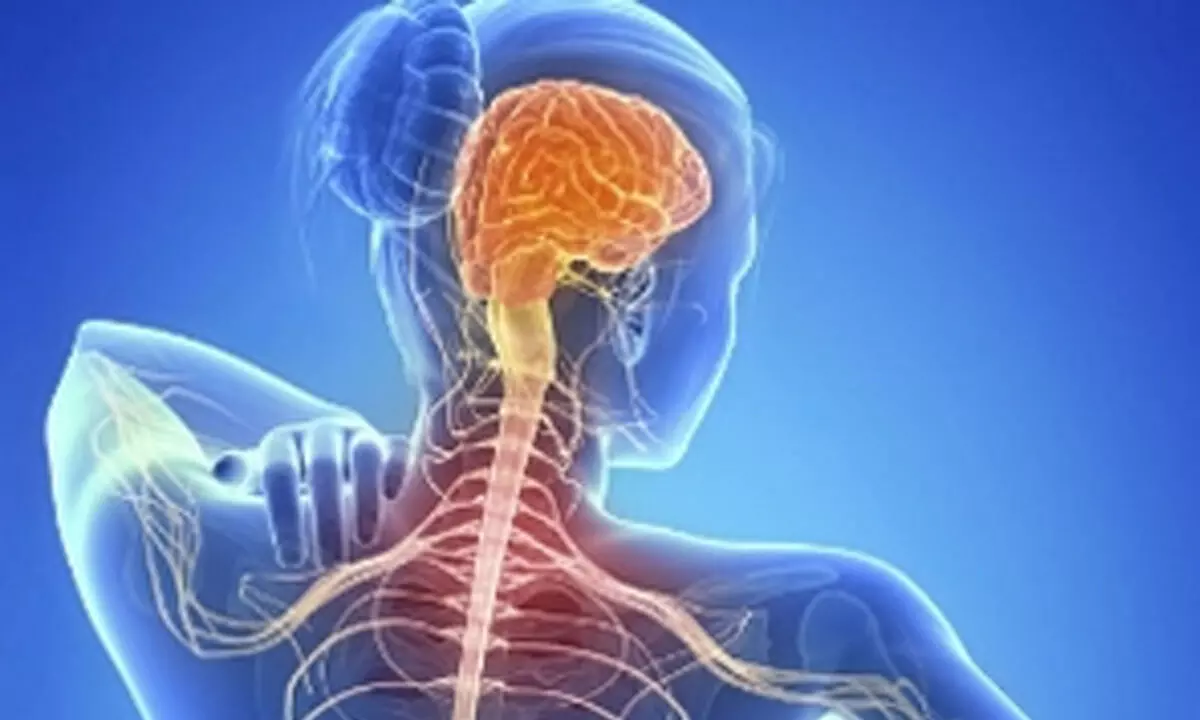Promising new target to help boost treatment outcomes for MS
Share :

Japanese researchers have found a promising new target for treating Multiple Sclerosis (MS) -- a chronic disease of the central nervous system.
New Delhi: Japanese researchers have found a promising new target for treating Multiple Sclerosis (MS) -- a chronic disease of the central nervous system.
The study by researchers at Kyushu University, Japan highlights a channel protein, connexin 43 (Cx43), as a potential therapeutic target for managing chronic MS symptoms.
In an experimental mouse model of MS, the researchers discovered that blocking Cx43 with an inhibitor called INI-0602 significantly improved symptoms.
"Our findings suggest that targeting Cx43 could serve as a novel therapeutic strategy for chronic MS," said lead author Ryo Yamasaki, Associate Professor at Kyushu University.
"This, in turn, could facilitate the development of new treatments for patients with MS”, said Professor Yamasaki, in the paper published in Scientific Reports.
MS is a debilitating condition where the immune system attacks the central nervous system, causing damage to the myelin sheath that protects nerve fibres.
This leads to demyelination and the formation of lesions, resulting in severe neurological symptoms.
Current treatments for chronic MS are limited, prompting the search for new therapeutic avenues.
The study focused on astroglia, supportive cells in the brain that overproduce Cx43 in MS patients.
This overproduction releases pro-inflammatory chemicals, triggering harmful immune responses that exacerbate neuron damage.
The researchers used INI-0602 to block Cx43 channels, which suppressed the protein's overproduction and reduced hallmark MS features, including demyelination and excessive immune cell infiltration.
The research team also observed that INI-0602 reduced pro-inflammatory cytokines and increased anti-inflammatory cytokines in cerebrospinal fluid, alleviating disease severity.
These results suggest that INI-0602 could modulate immune processes and reduce neuroinflammation, providing a new approach to MS treatment.
While these findings are promising, the researchers caution that animal models have limitations, although the study could pave the way for more effective treatments, offering hope for improved management of chronic neurological conditions.













